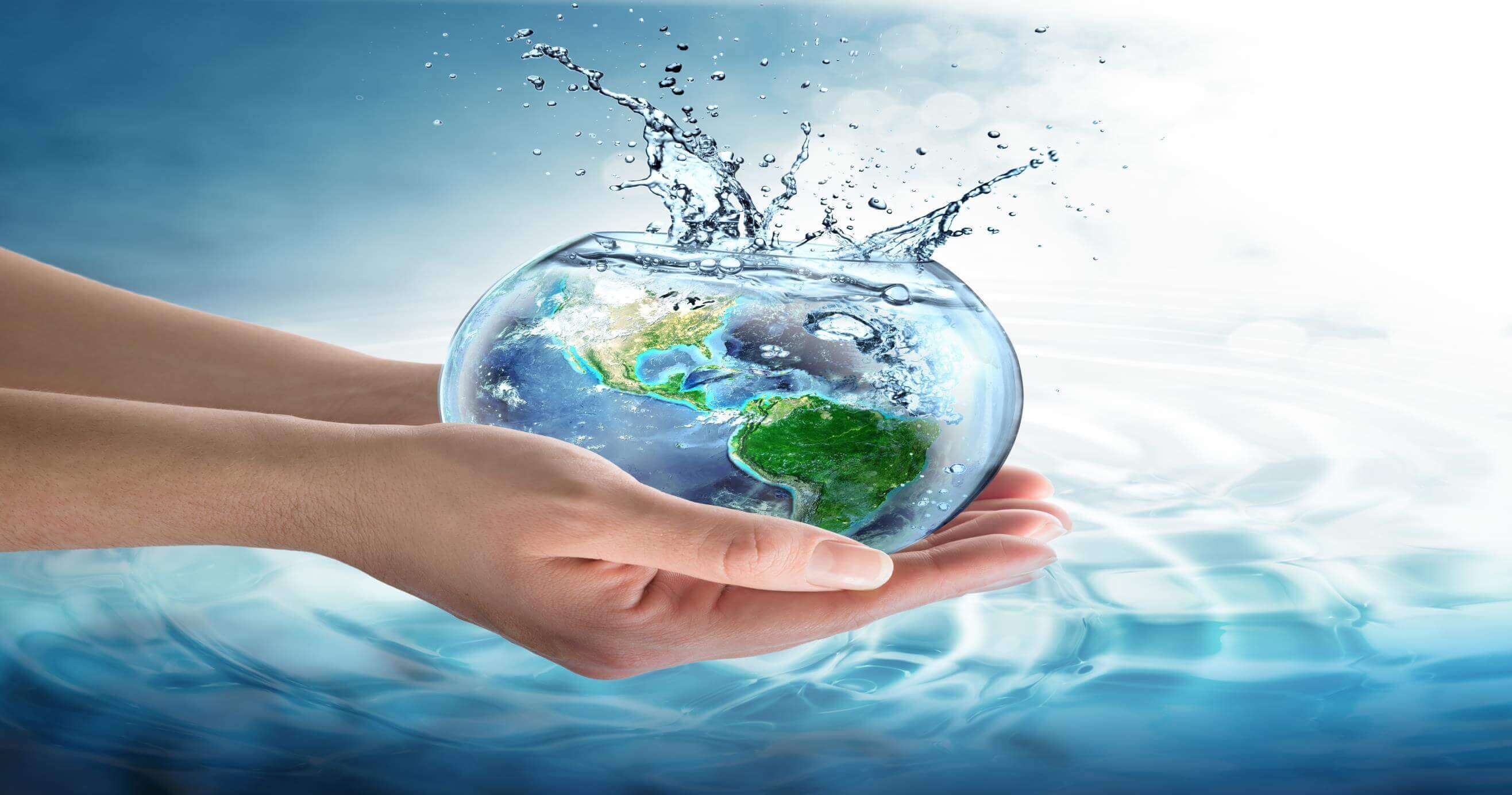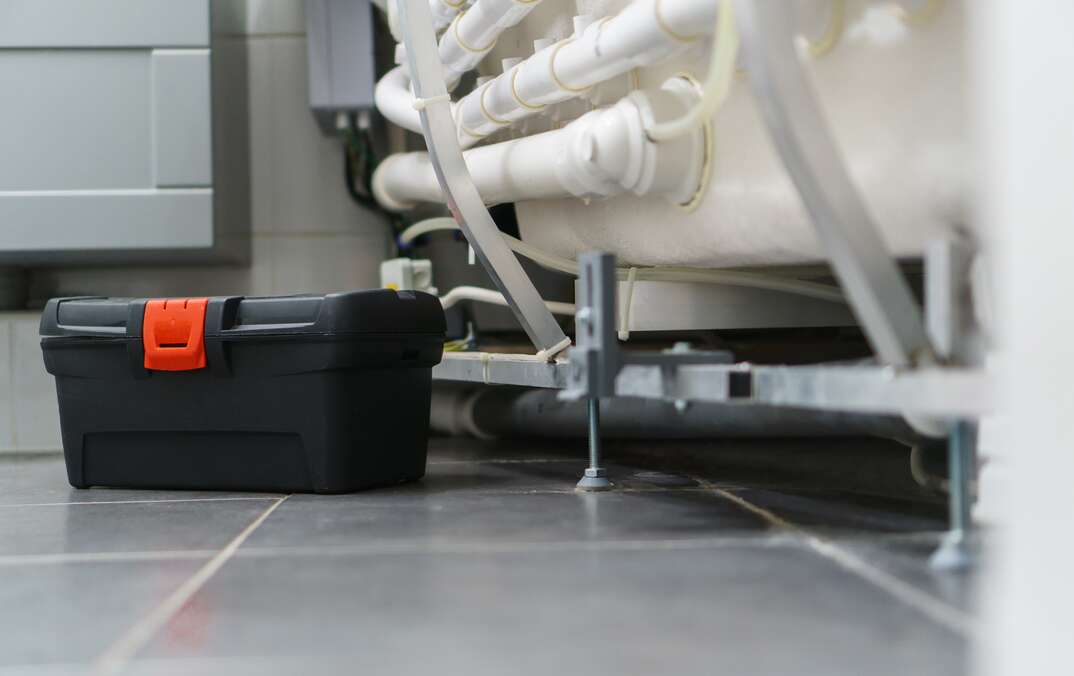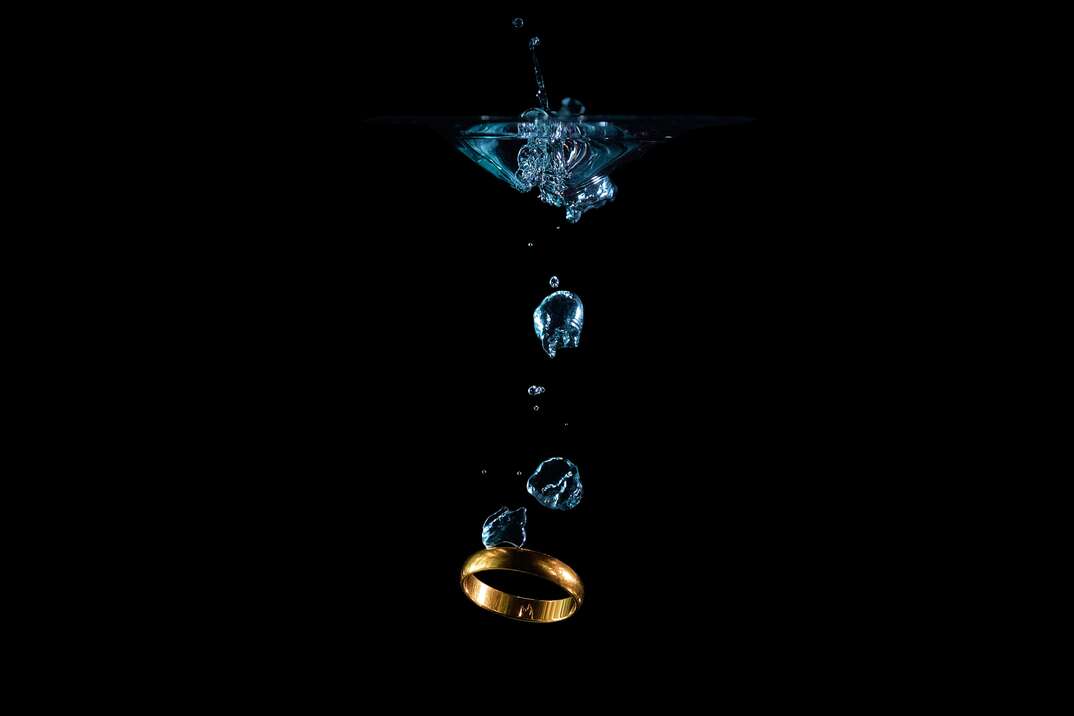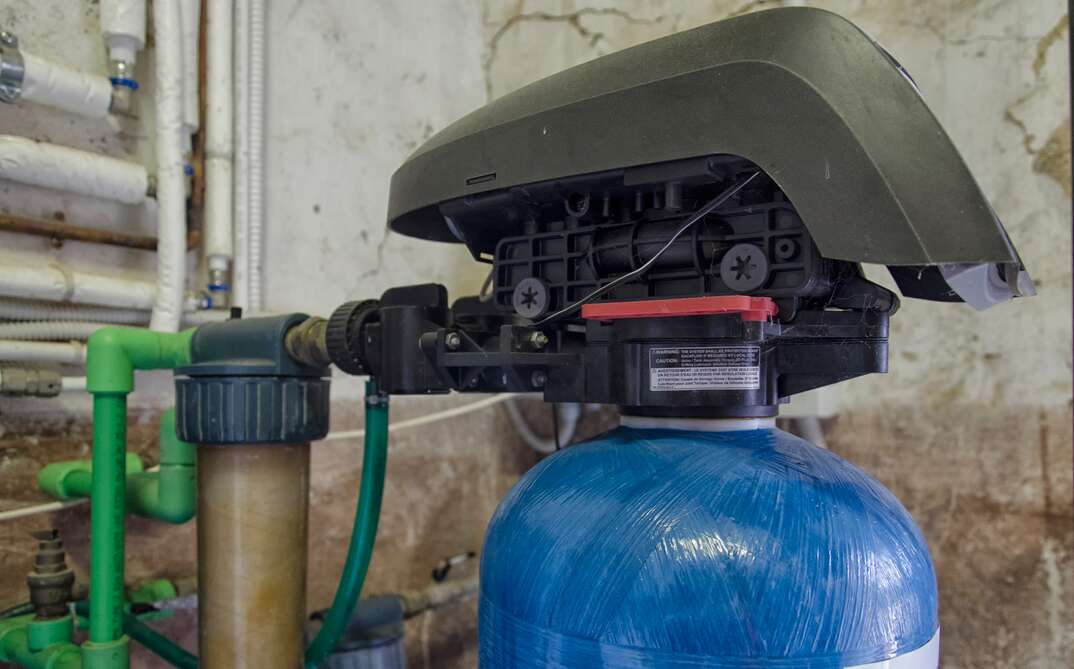8 ways to conserve water at Home

Long showers feel great, but with every minute you spend pampering yourself, your wallet and the environment struggle. Along with saving money on your monthly bills, water conservation is critical for your community. According to the Environmental Protection Agency, it's likely that at least 40 states will experience water shortages by 2024
Follow these tips for how to save water at home:
1. Be mindful of running water.
Don't keep the faucet running the entire time you're brushing your teeth or washing your hands. You may have heard this one before, but it's easy to lazily run the faucet instead of turning it off while scrubbing and then turning the tap back on when you're ready to rinse. Similarly, avoid luxuriously long showers. Try to limit shower time to 10 to 15 minutes maximum to prevent wasting excess gallons of water.
2. Fix leaks as soon as possible.
Look out for leaky faucets, dripping water from shower heads, rusting pipes and signs of water damage. Locate the source of the leak, and fix it immediately to avoid wasting more water.
3. Don't let the toilet run.
If you notice that your toilet is constantly running, try replacing the flapper. Simply shut off the water to the toilet, and flush to drain the tank. Unhook the old flapper from the base of the tank and chain, and then replace it with the new one. Turn the water back on, and you're all set. If that doesn't work, it may be time to buy a new toilet. Look for an energy-efficient model, and follow these steps to remove the old unit and install the new one.
4. Wash full loads only.
Make sure the dishwasher and washing machine are full before you run them. If you have a unit with energy-saving settings for light washes and smaller loads, take advantage of them. When it's time to invest in a new machine, look for water-saving models with the settings that allow you to adjust to load size.
5. Use a compost bin.
An in-sink garbage disposal needs a lot of water to work efficiently, so opt for a compost bin instead. It's healthier for the environment while reducing water waste and increasing the energy efficiency of your home.
6. Insulate pipes.
Be sure to insulate exposed pipes around the house, especially in the attic and basement. When they're not insulated, it takes longer for water to heat up, meaning it's running for longer periods of time. You can also cover the water heater with insulating blanket to further speed up the process.
7. Run the sprinklers in the morning.
The optimal time to water your lawn is early morning. This strategy prevents rapid evaporation from midday heat, which means less water is required to sufficiently cover the grass. Avoid rogue sprinklers wasting water by spraying the sidewalk or side of the house, instead positioning them to face the grass and landscaping appropriately.
8. Perform routine appliance maintenance.
Proper appliance care and upkeep can prevent potential leaks and wasted energy. This preventative maintenance includes regular cleaning and seeking professional advice when necessary. Plus, if it's time for an upgrade, buy energy-saving products and appliances. According to the EPA, the average household can use about 20 percent less water with water-efficient fixtures and appliances.
Complement your water conservation at home with these ways to increase energy efficiency. With mindful changes, you can reduce your carbon footprint and save money each month.
If you notice spikes in your water bill, serious leaks or other maintenance issues during your water conservation efforts, don't hesitate to call a professional.
Being prepared before maintenance issues arise is always a good strategy. Plans from HomeServe can help with the costs of covered repairs. See what plans are available in your area.


